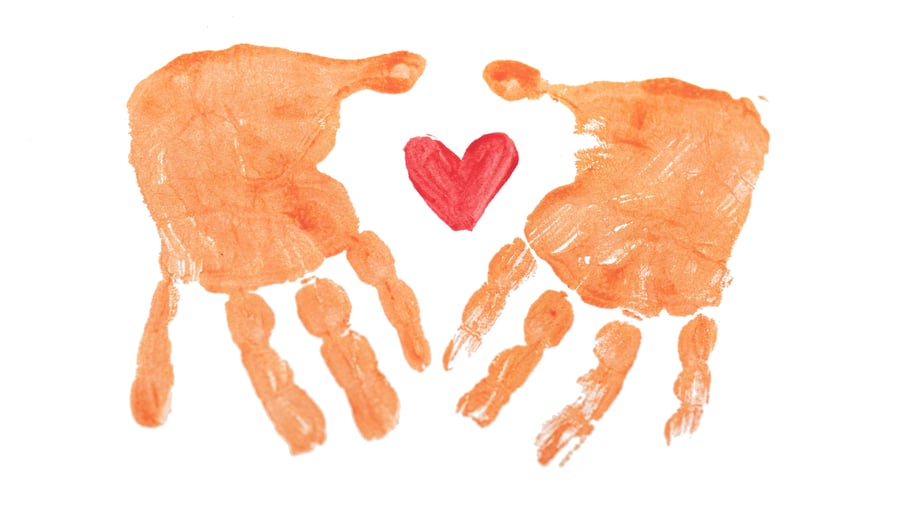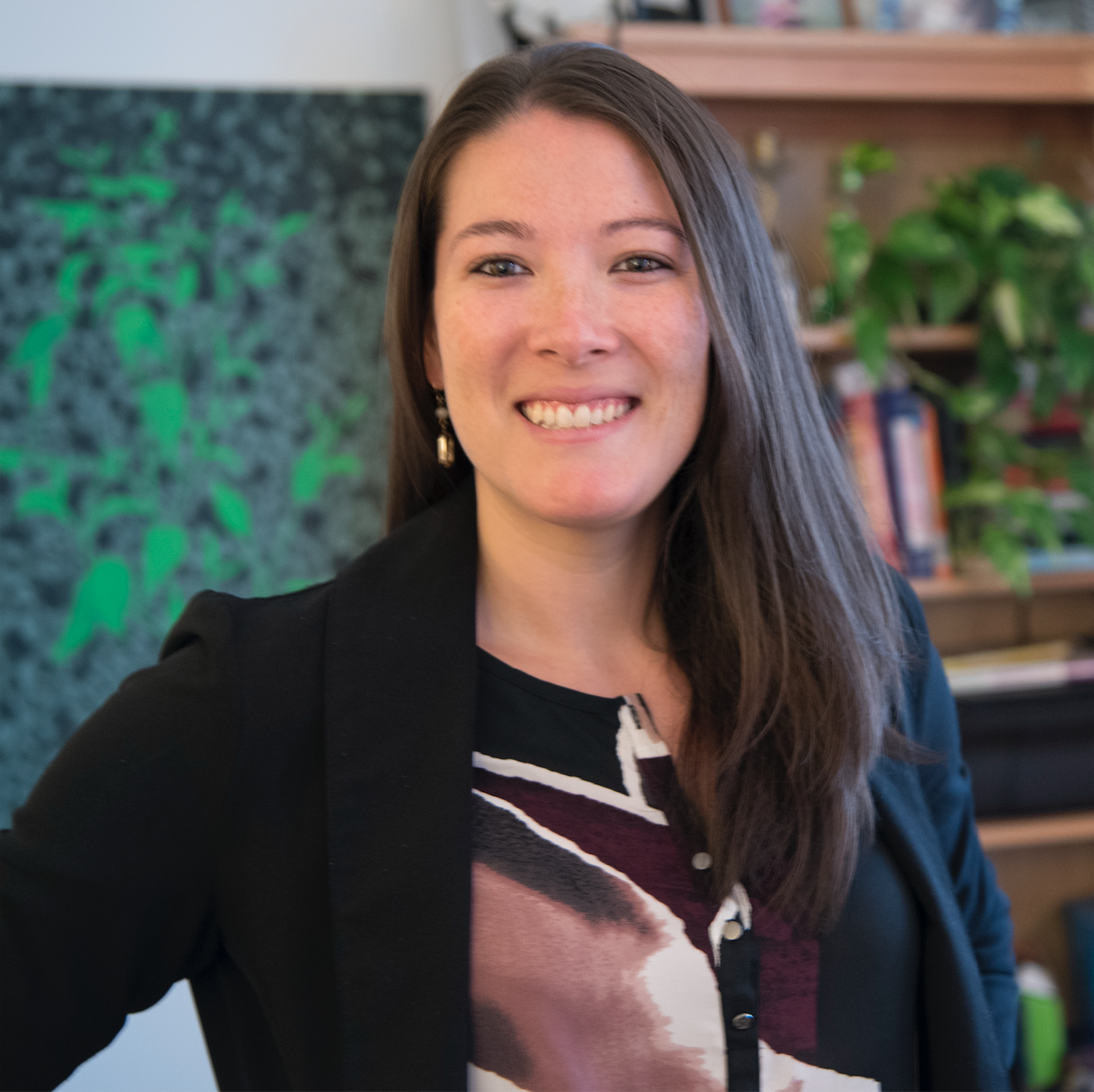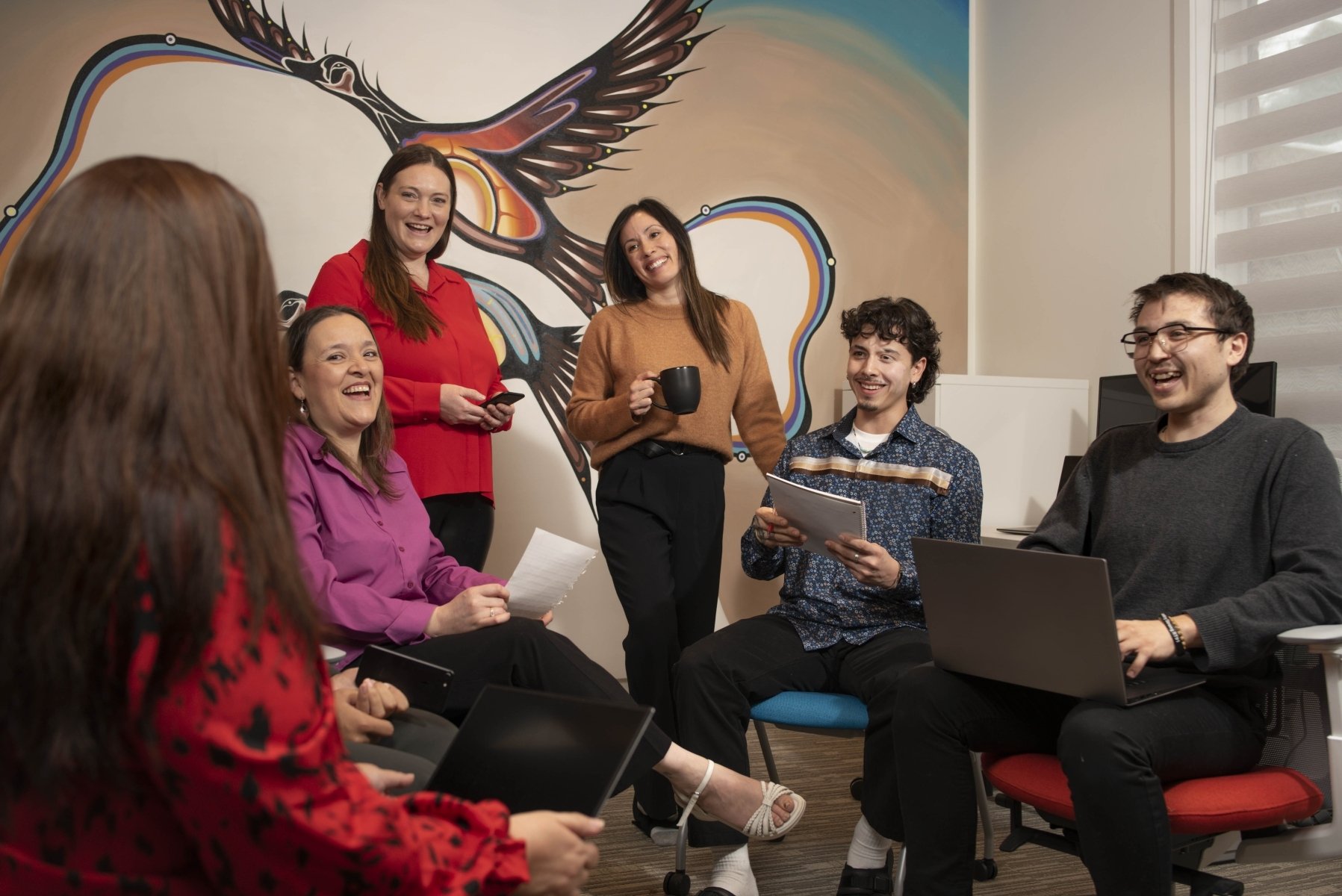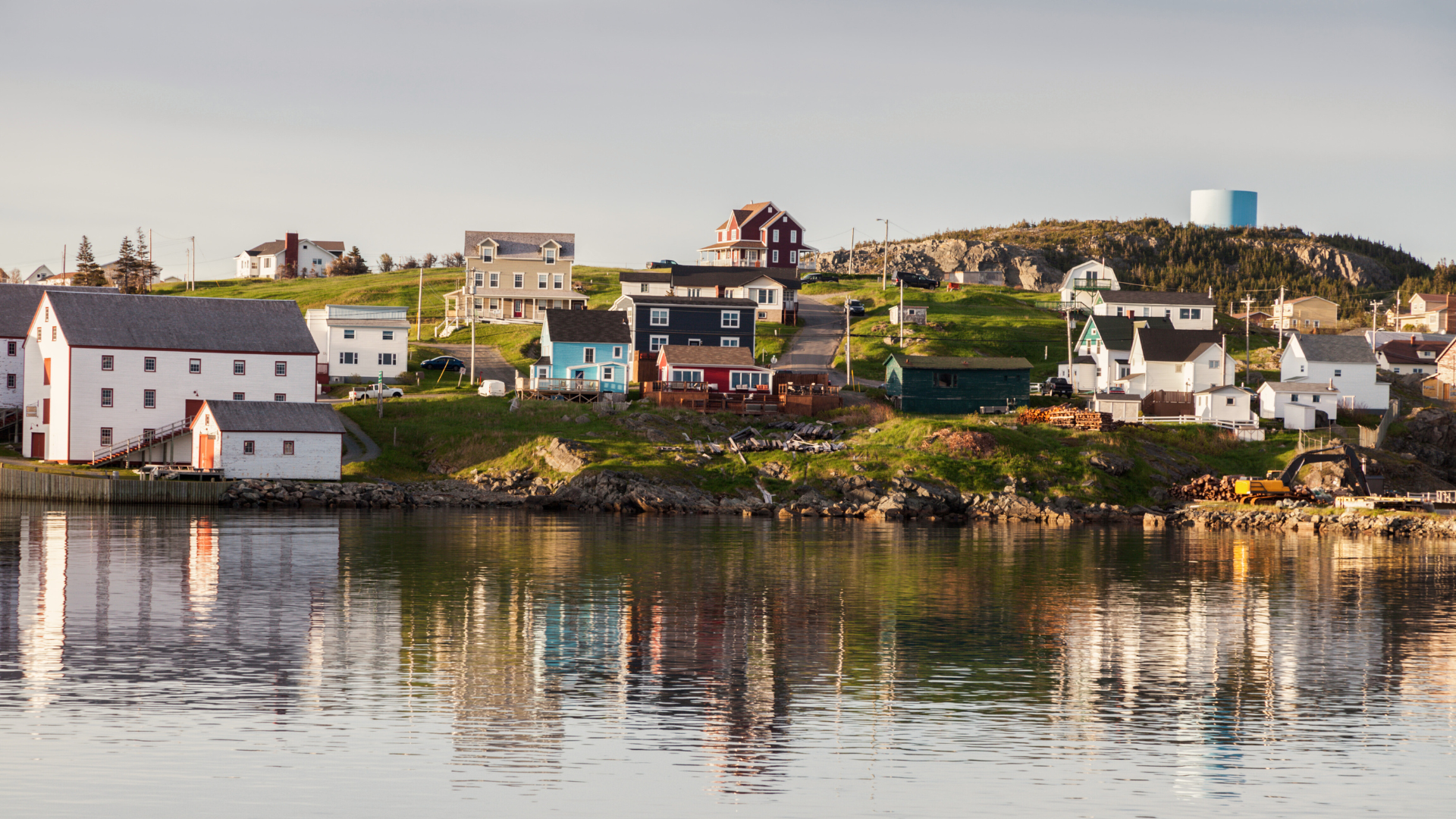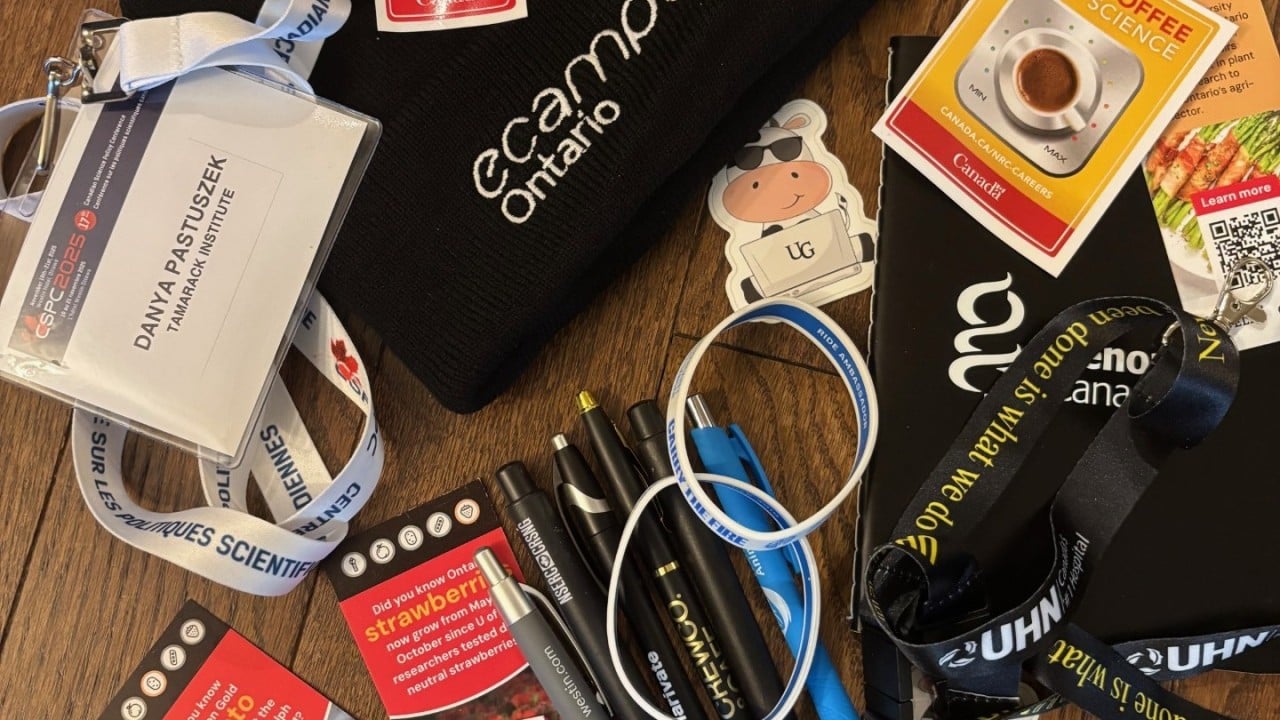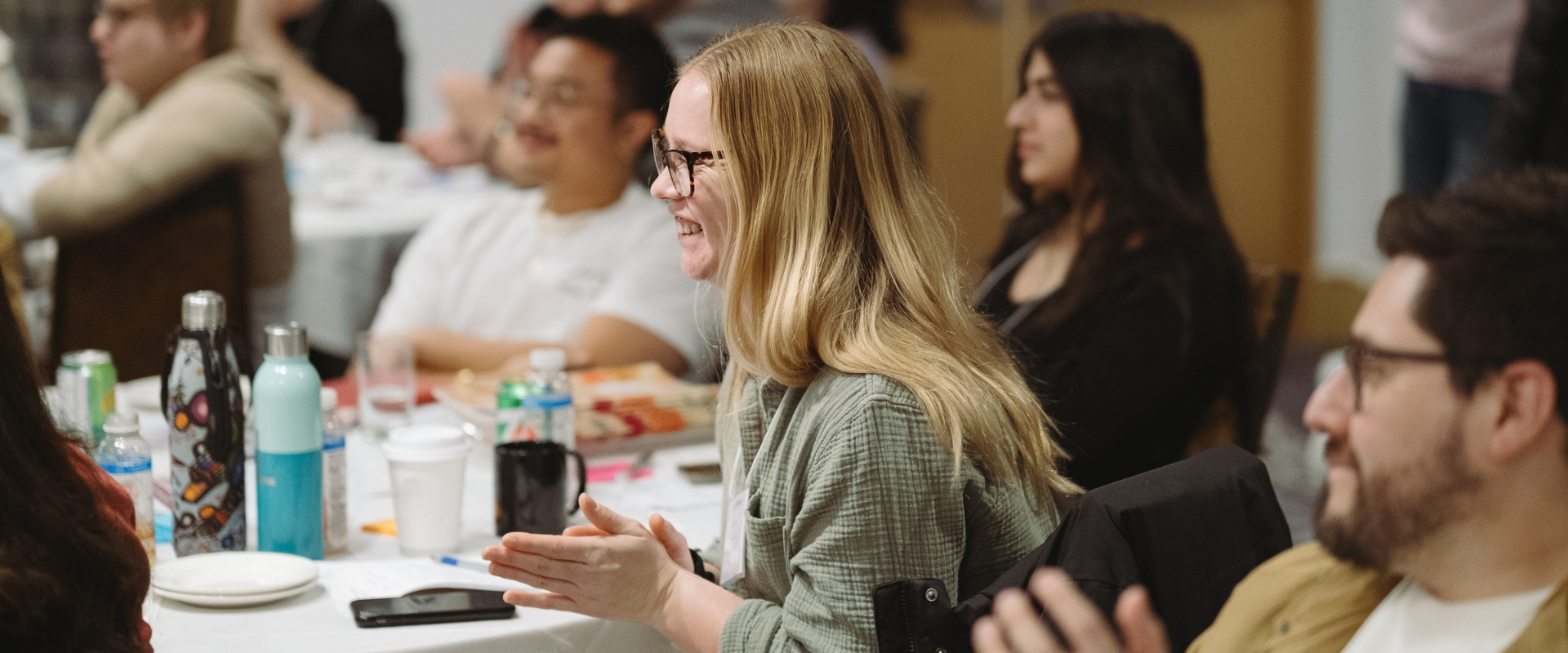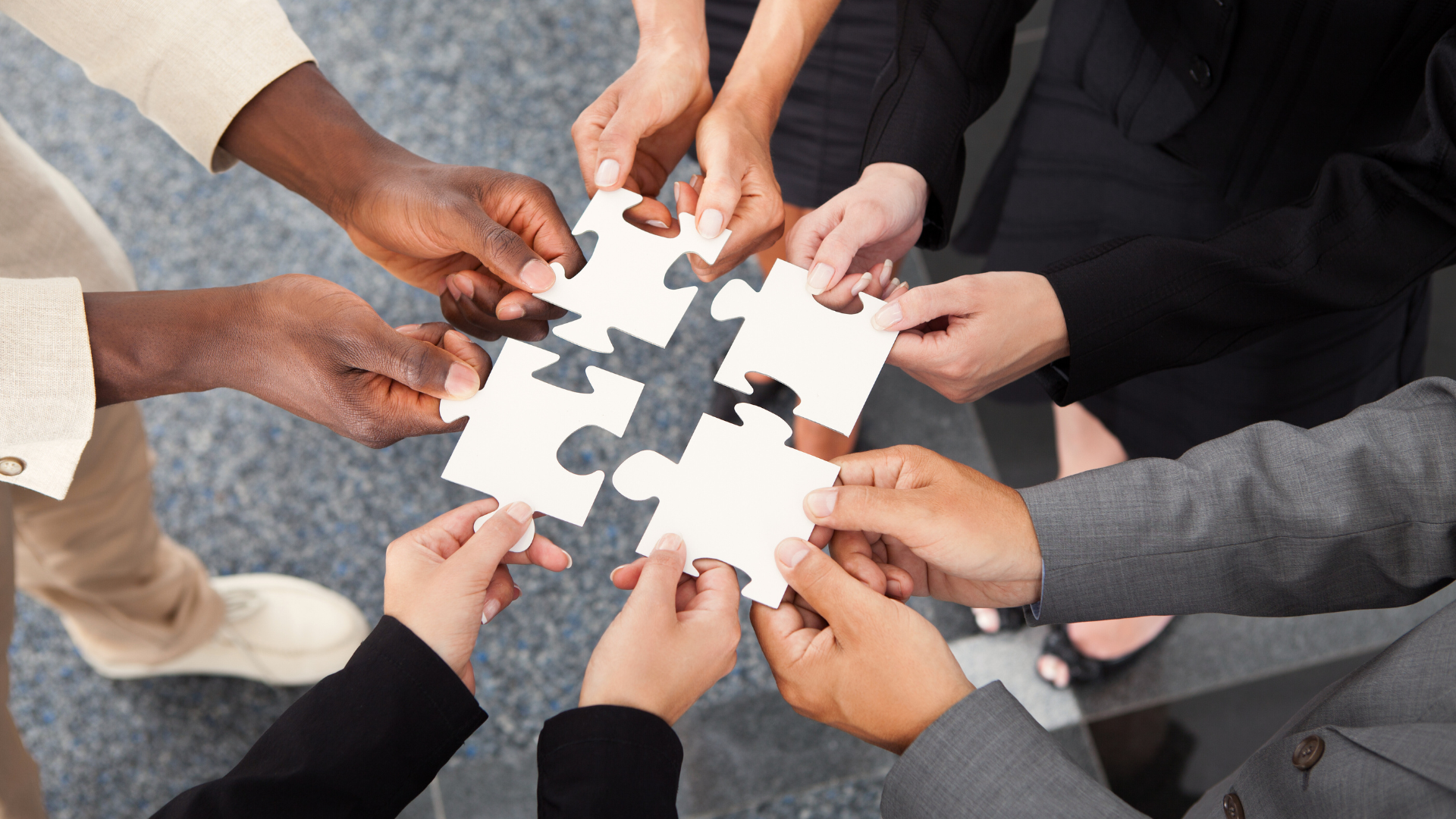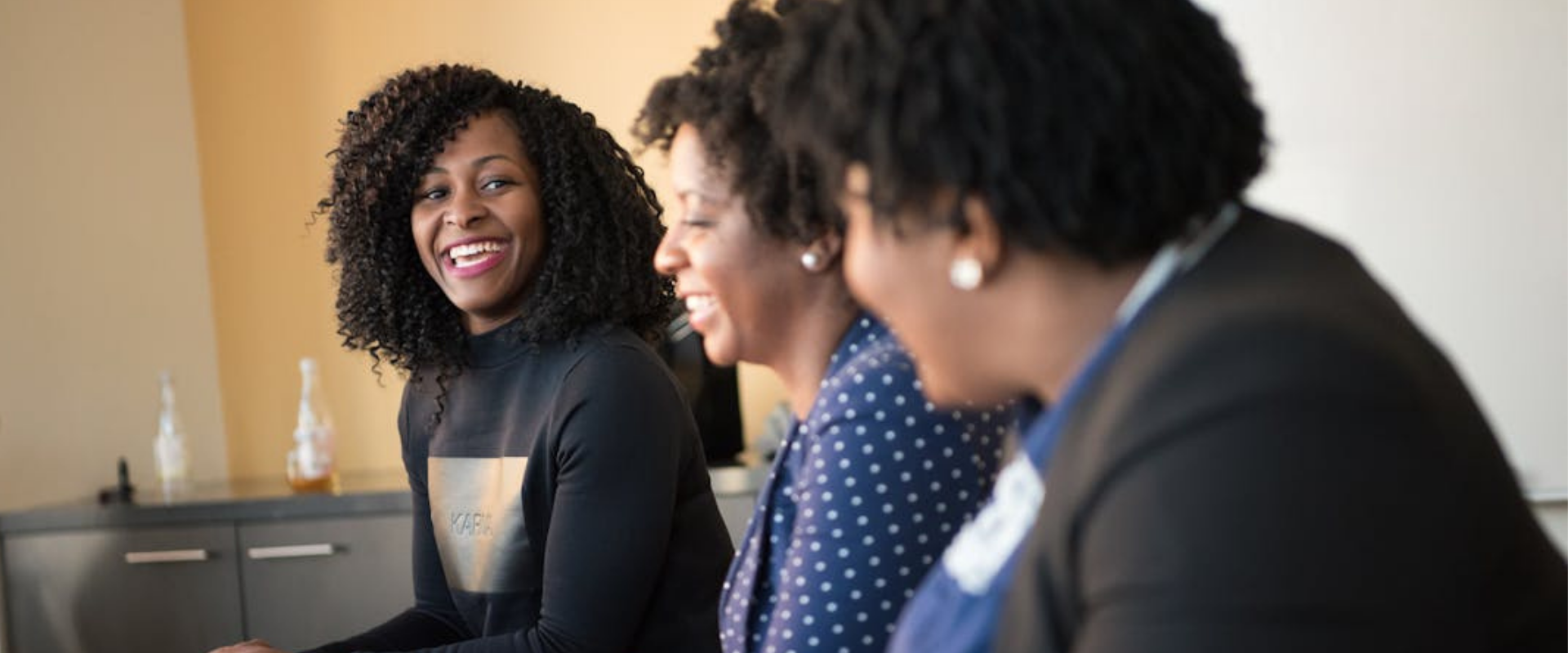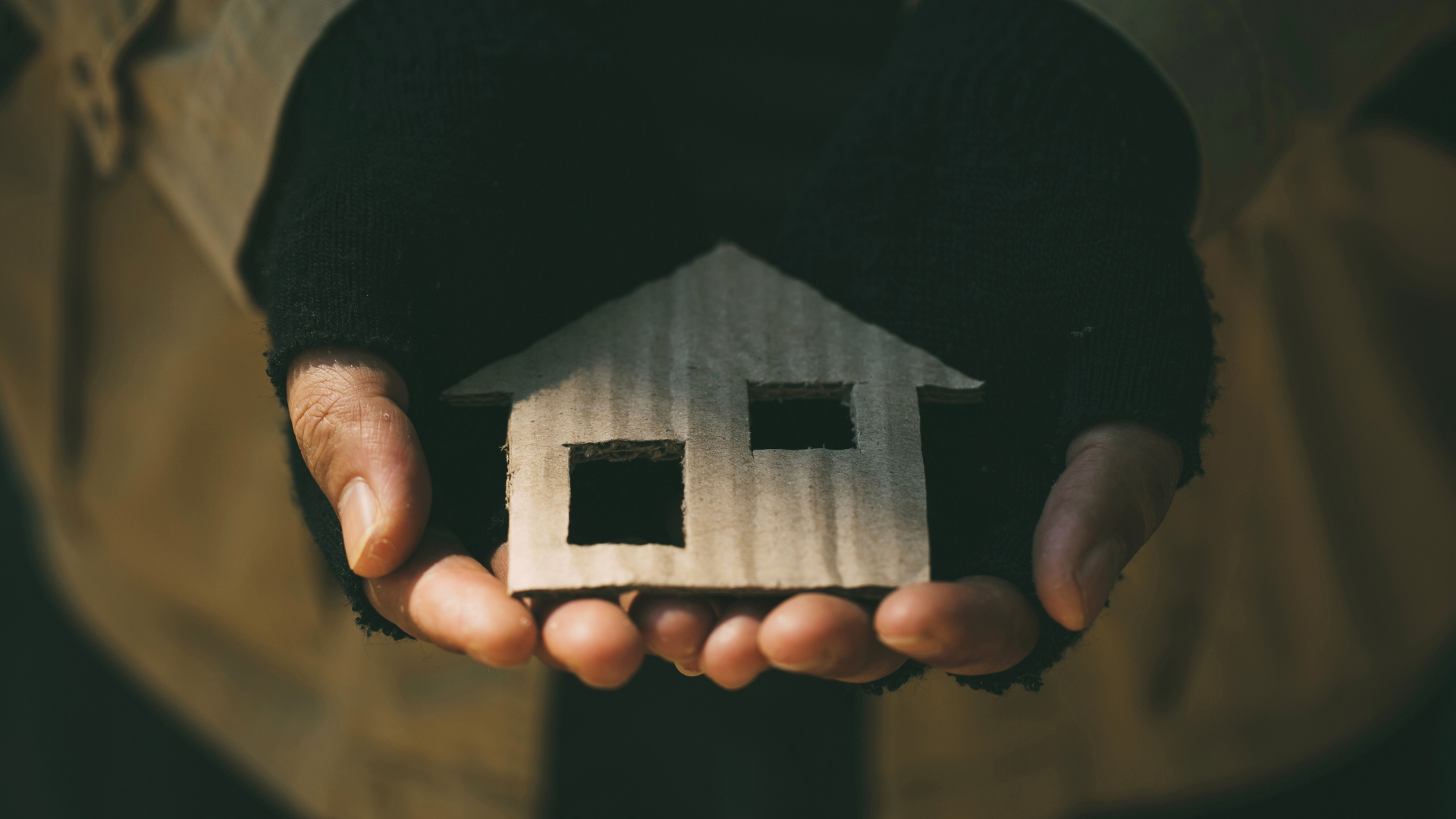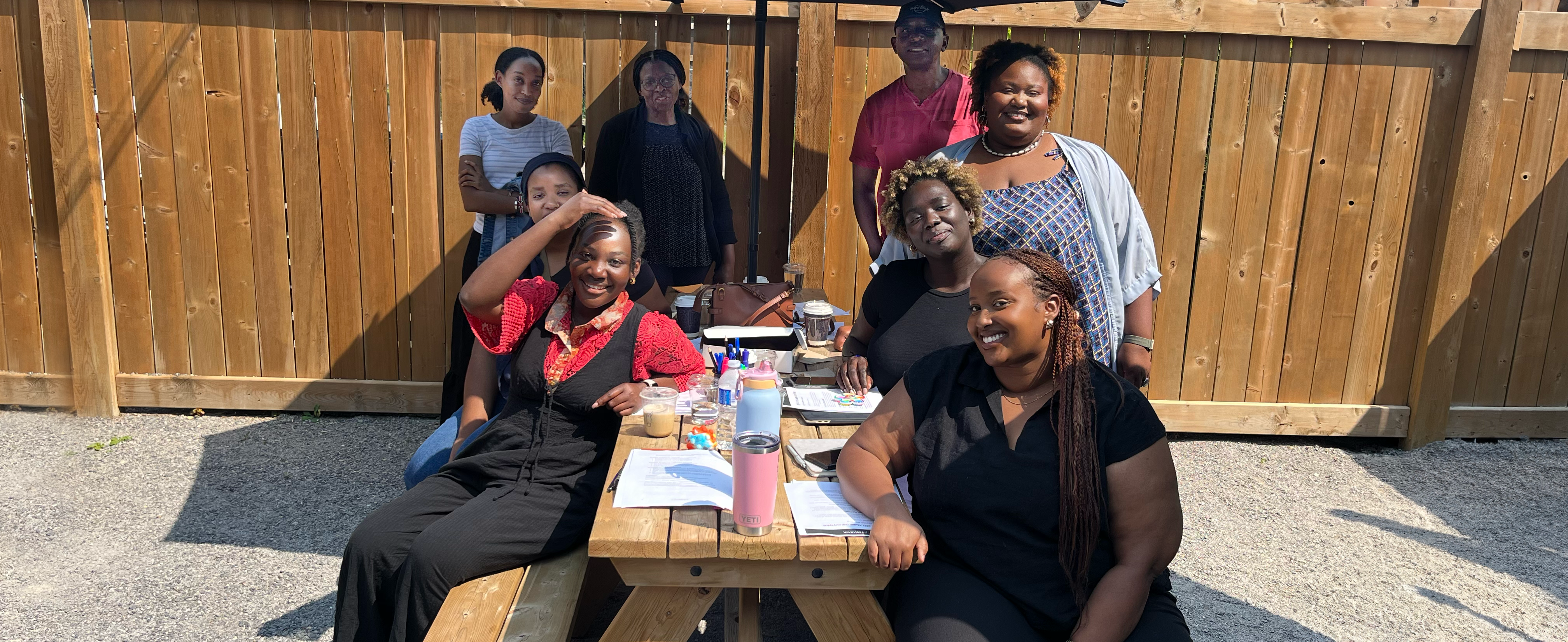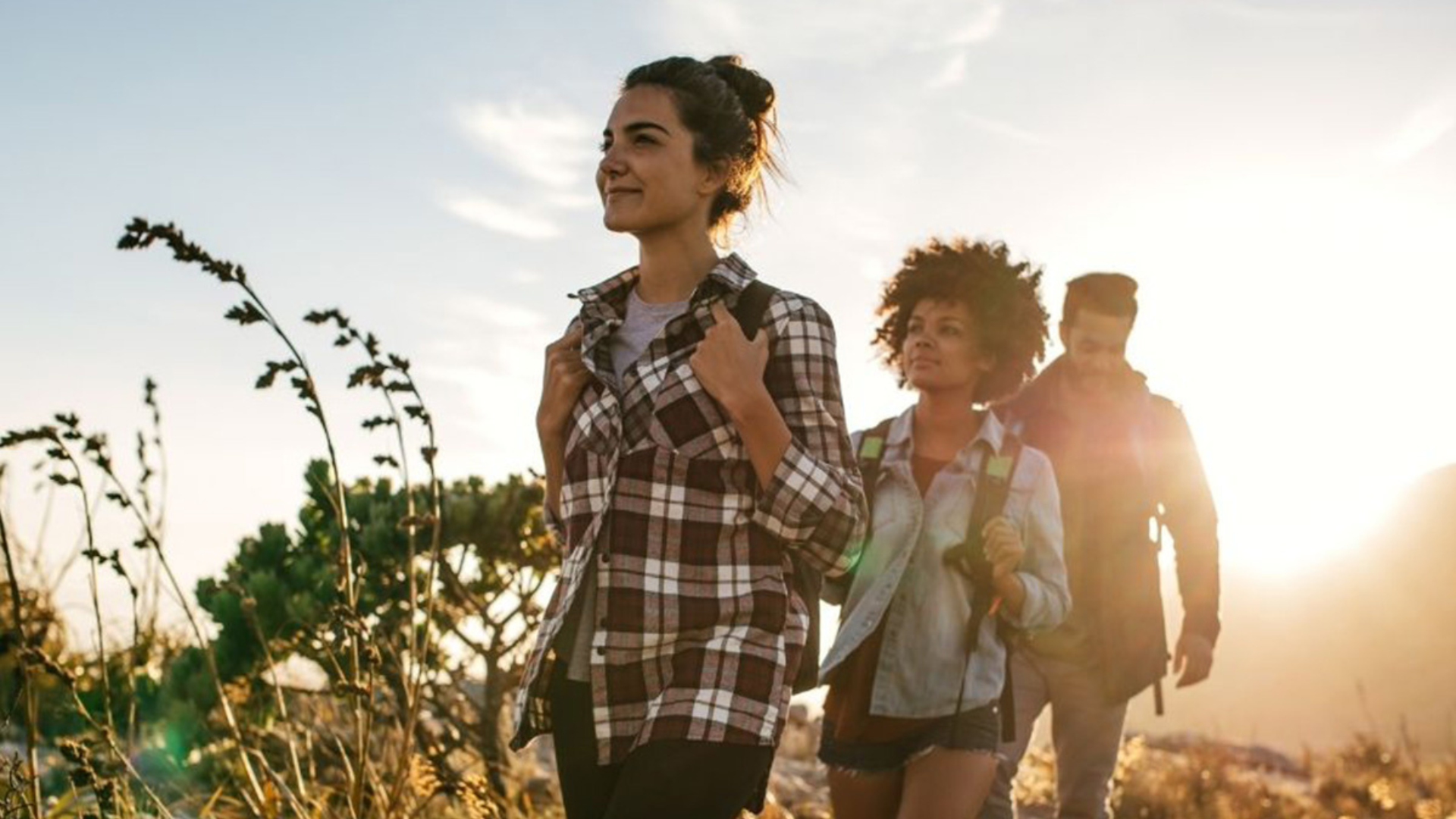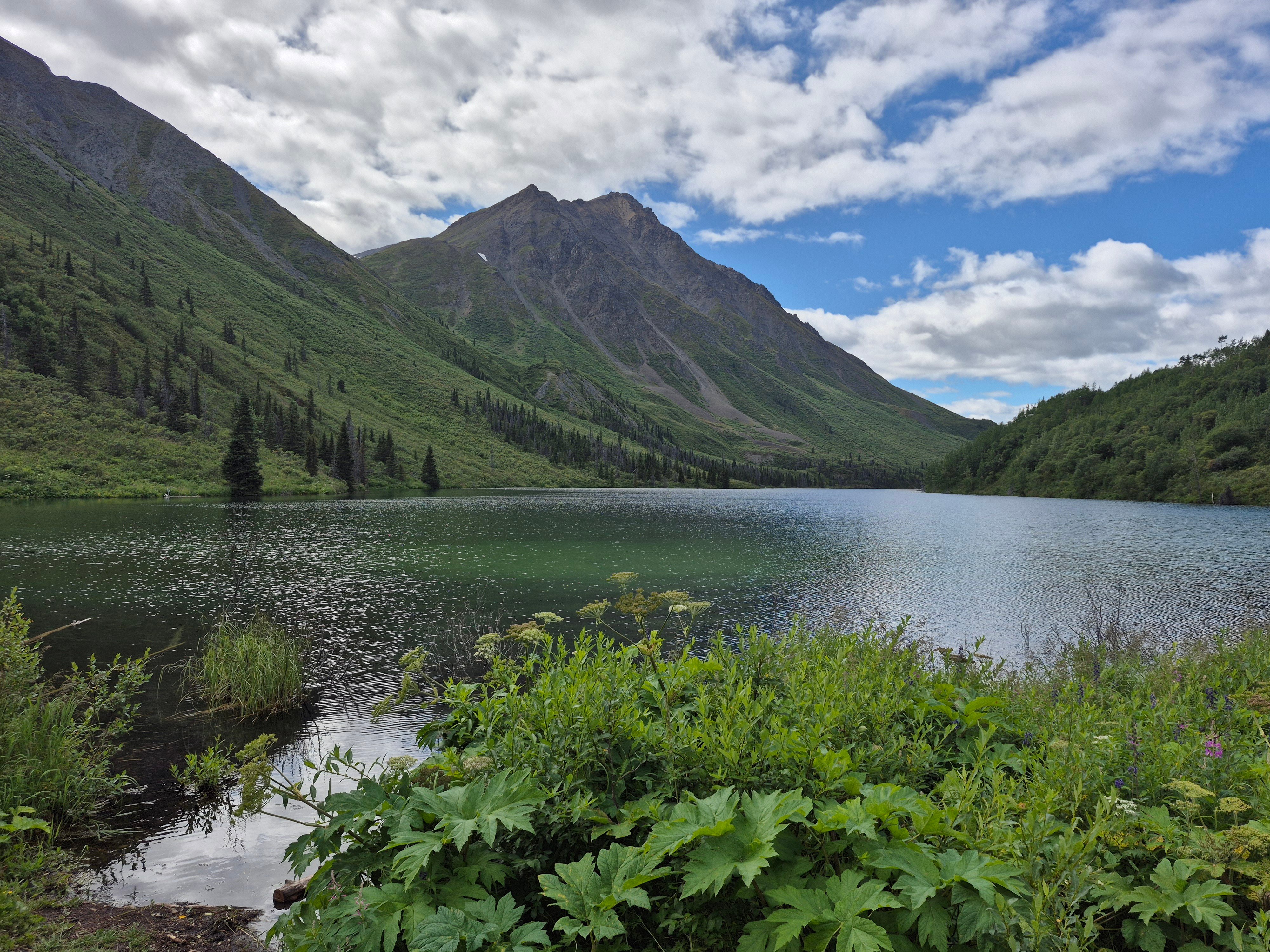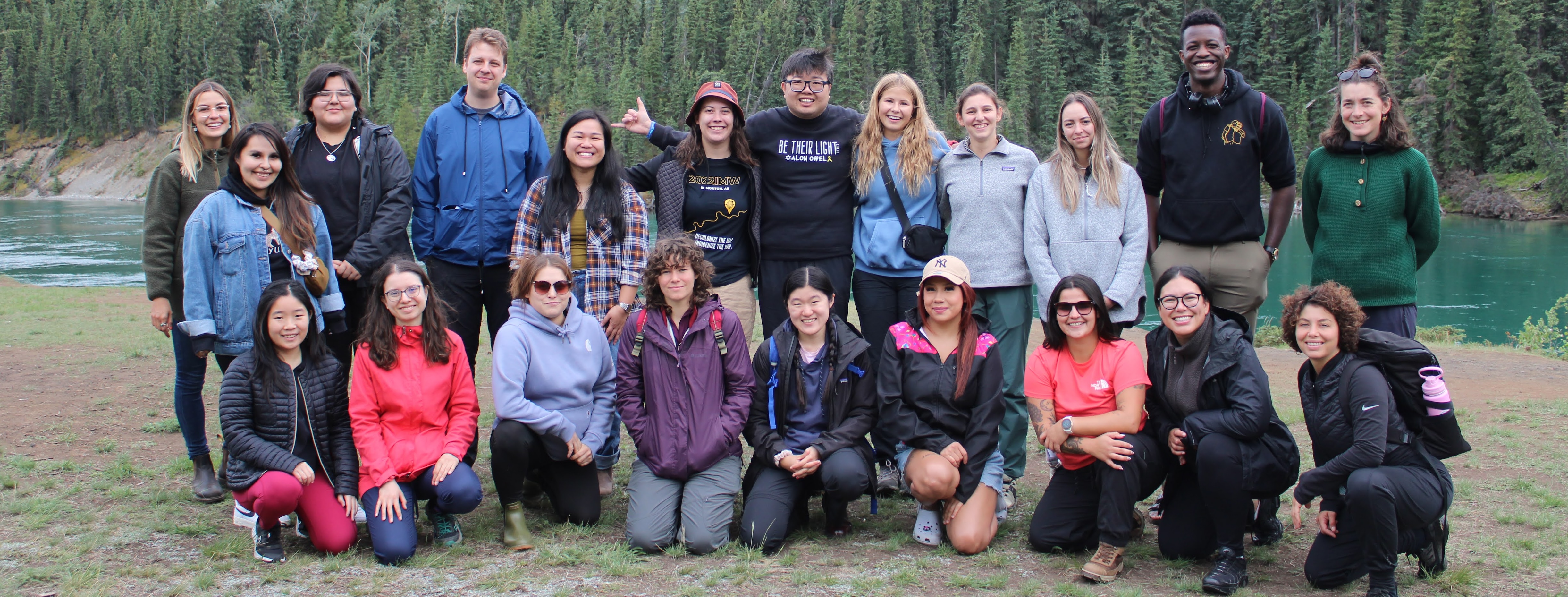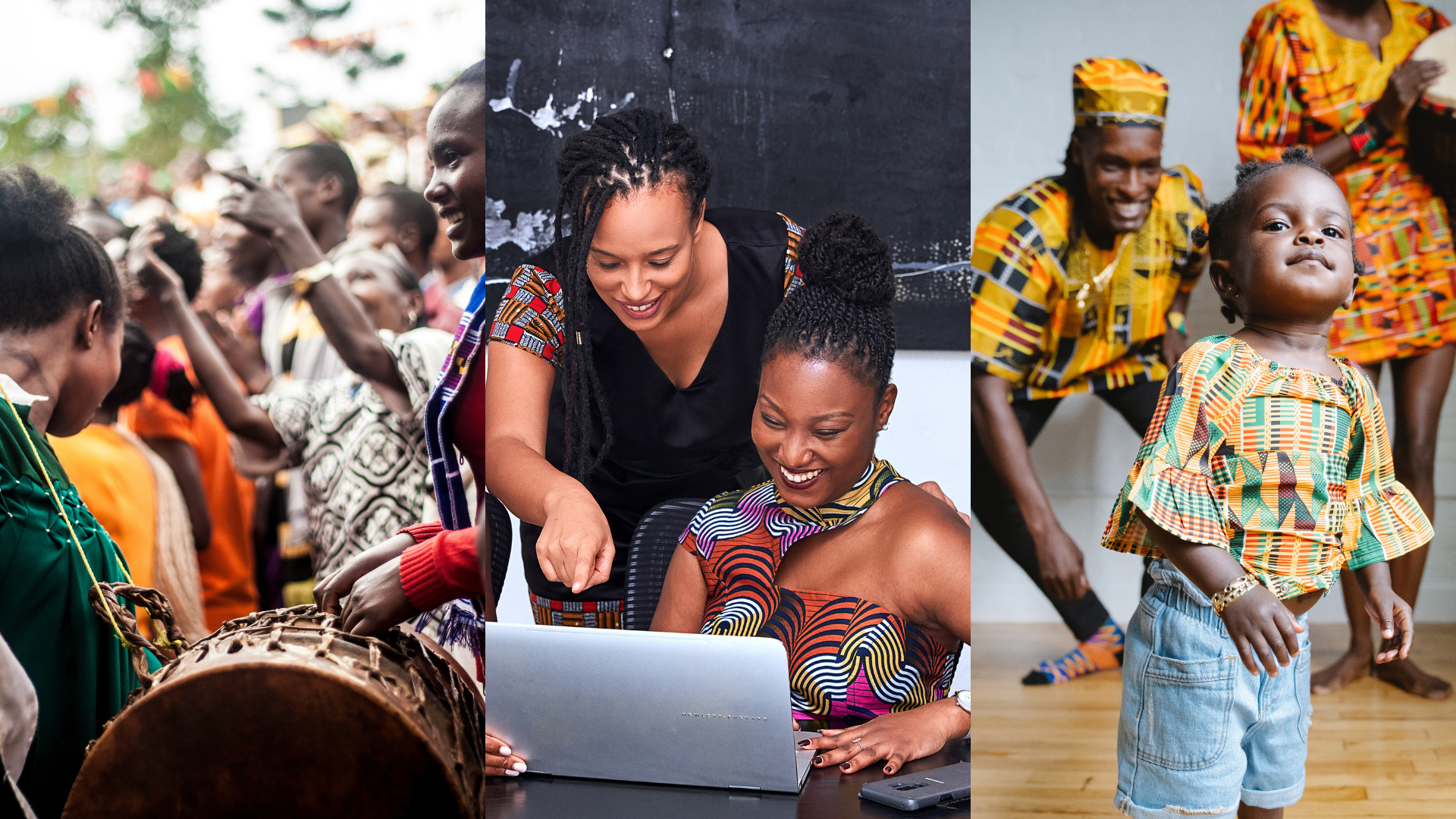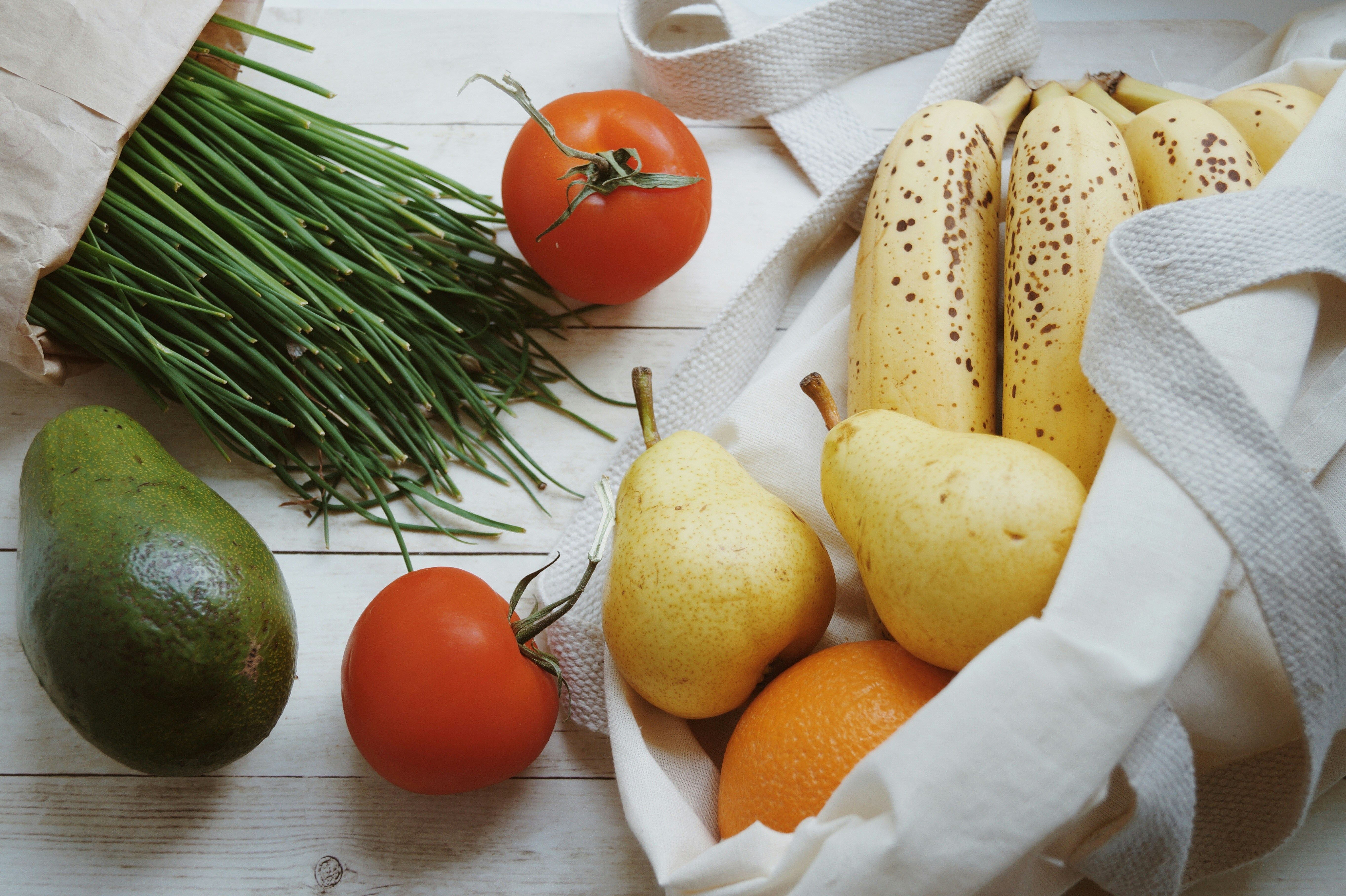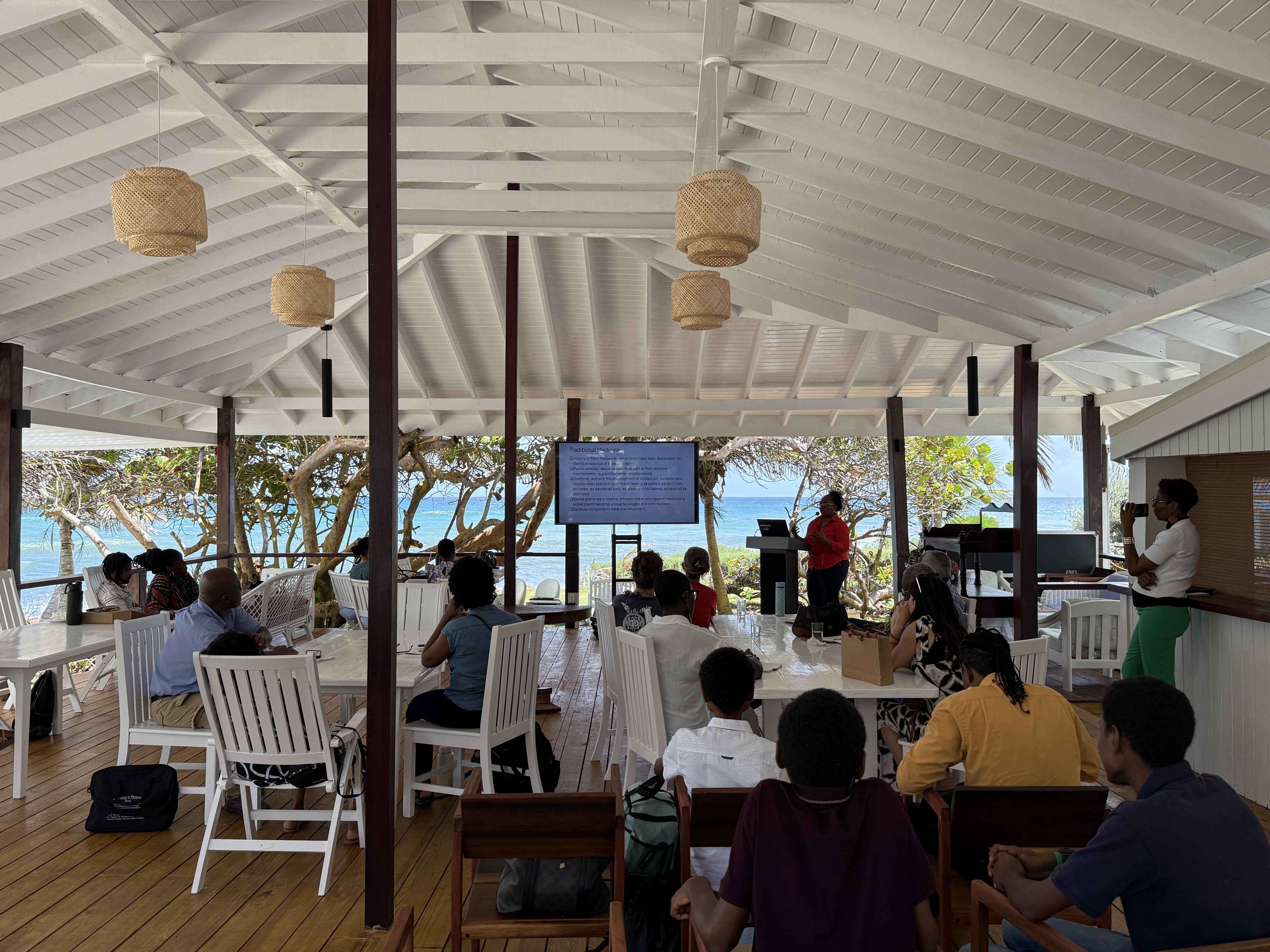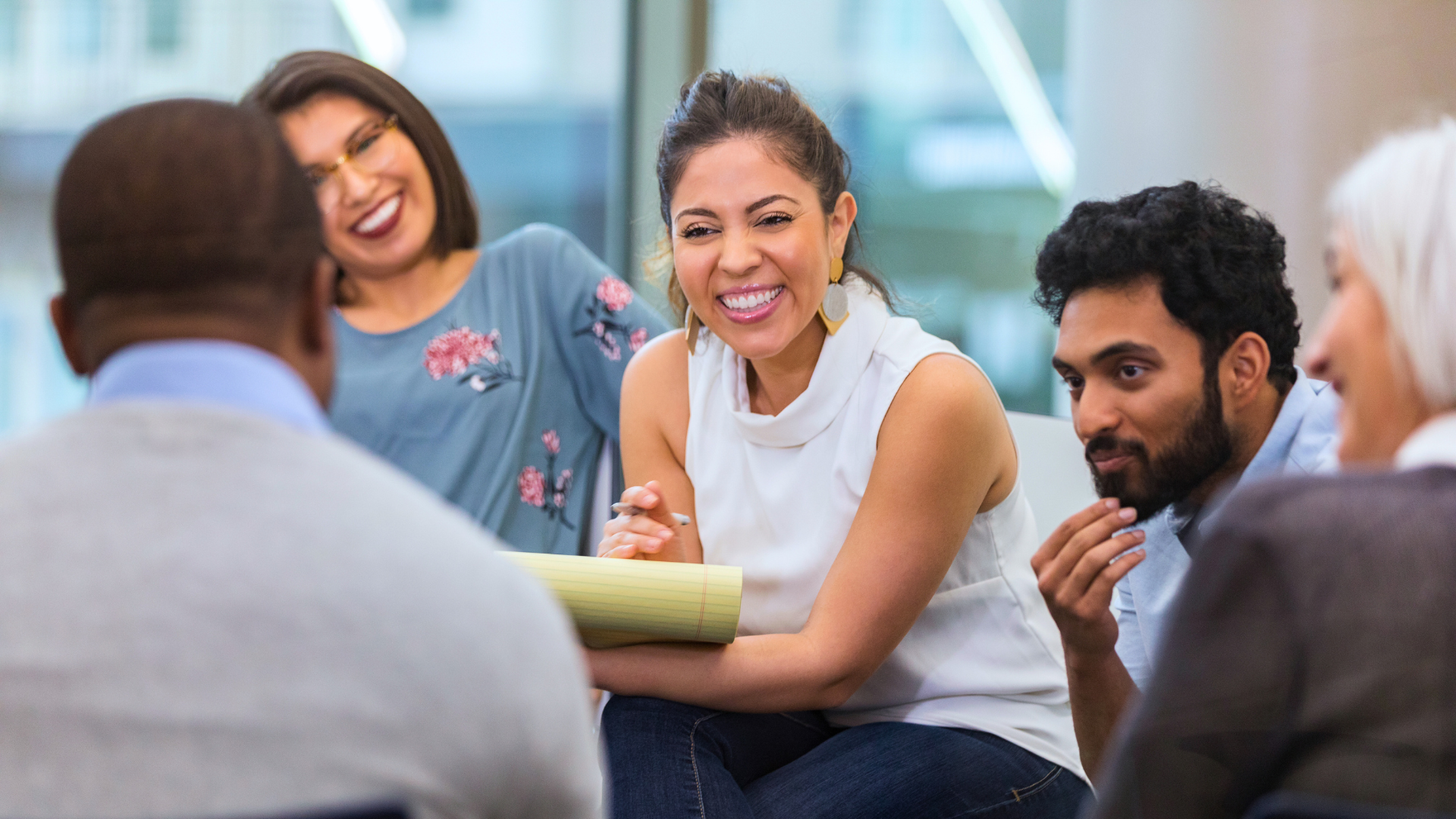“Without truth, justice is not served, healing cannot happen, and there can be no genuine reconciliation between Aboriginal and non-Aboriginal peoples in Canada.”
–Truth and Reconciliation Commission of Canada, 2015
September 30, 2021, will mark the first year that the National Day for Truth and Reconciliation is observed as a federal statutory holiday. This public commemoration of the ongoing legacy of colonialism in Canada, while also honouring children who survived and were lost to residential schools, is one step towards responding to the Truth and Reconciliation Commission’s 94 Calls to Action.
Orange Shirt Day

The choice of September 30 for this holiday is not arbitrary: Today is also Orange Shirt Day, an Indigenous-led grassroots movement originating from the Cariboo Region. The day commemorates the experience of Phyllis Webstad of the Stswecem'c Xgat'tem First Nation, whose new orange shirt was taken away from her on the first day of attending residential school.
Orange shirts are now a symbol of stripping away culture, freedom and self-esteem from Indigenous children and their families.
Resources to support action
On this day of learning, reflection and commitment to action, the Tamarack team has compiled several resources, below, that have been co-authored or co-led with Indigenous partners that may help settlers and settler-led organizations take steps towards reconciliation.
The journey of truth and reconciliation is unique to each settler; and as settlers like me move to decolonize systems and organizations that reinforce and reproduce racism, we must start with their components ‒ with us as individuals.
Foundations: Truth and reconciliation
-
Introduction to Reconciliation – This webinar featuring Charlene Seward of Reconciliation Canada focuses on how settlers can start their truth and reconciliation journeys.
-
Creating a Culture of Equity and Reconciliation – This webinar featuring Suzanne Methot, a writer, editor and educator, focuses on practical ways to create systems change.
Centring Indigenous people, culture and Ways of knowing in social change work
-
Indigenous Perspectives on Poverty Reduction (webinar recording) and “Ending Poverty Pathways: Indigenous Poverty” (podcast episode) feature several national and local Indigenous leaders highlighting the imperative of addressing racism and building Indigenous self-determination to reduce poverty.
-
“With NOT For” – This blog post by Jessica Lazare, an onkwehonwe woman from the Kanien’kehá:ka territory of Kahnawà:ke, focuses on the importance of youth voices in defining their own needs and in decision-making.
-
“Reconciliation and sustainable development in cities” – This blog post by Jorge Garza and Jordan Gray explores how reconciliation can contribute to achieving the UN’s Social Development Goals (SDGs).
-
“Centering Indigenous Knowledge and Leadership in Your Work" – This blog post by Shaelyn Wabegijig about the Nogojiwanong/Peterborough SDG Project offers an example of how Indigenous and non-Indigenous communities can collaborate and build good relationships to advance the SDGs.
-
Applying ABCD in an Urban Indigenous Context – This webinar recording featuring Lori Sokoluk of New Moose Consulting aligns Asset-Based Community Development (ABCD) and Traditional Values to decolonize community.
Important resources from the network
-
Truth and Reconciliation Commission of Canada’s Final Report and Calls to Action
-
Find and contact your local Friendship Centre
-
Indigenous Canada Course, delivered by the University of Alberta (free)
-
Online learning for students Grade 5‒12, delivered by the National Centre for Truth and Reconciliation, University of Manitoba (free)
-
Several universities are also hosting short virtual panels featuring Indigenous leaders to reflect and learn from one another, such as the University of Alberta, University of Calgary, and Western University.
Actions anyone can take
First Light, a charity that serves Indigenous and settler populations in Newfoundland, has also shared five simple actions that anyone can take on September 30.
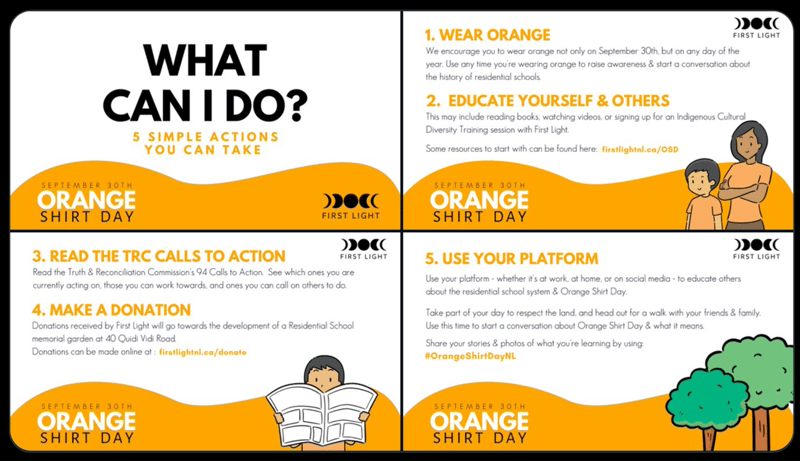
Source: First Light (@FirstLightNL), 2021
Reach out
For our Indigenous and settler readers alike, what educational resources have most impacted you on your journey towards truth and reconciliation? Please post them in the comments section to help others share in the learning.
Further Your Learning
-
Listen to the Creating a Culture of Equity and Reconciliation webinar recording
-
Read “With NOT For, a blog post about Indigenous youth defining their own needs and decision-making.
-
Check out Applying ABCD in an Urban Indigenous Context webinar recording

